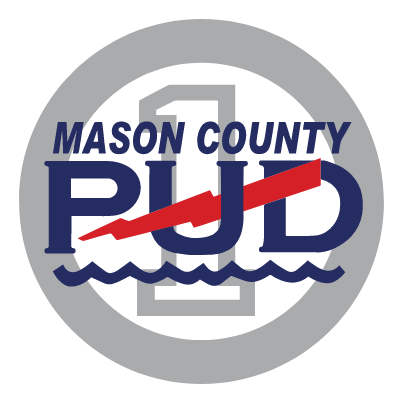Lead in Drinking Water
Lead, a metal found in natural deposits, is rarely found in source water, but enters tap water through corrosion of household plumbing materials. Corrosion is a dissolving or wearing away of metal caused by a chemical reaction between water and your plumbing. The household plumbing may include lead pipes, lead solder, faucets, valves, and other components made of brass. The most common problem is with brass or chrome-plated brass faucets and fixtures which can leach significant amounts of lead into the water, especially hot water. Lead from other sources (such as lead-based paint and contaminated dust or soil) can increase a person’s overall exposure, which adds to the effects of lead consumed in drinking water.
A prohibition on lead in plumbing materials has been in effect since 1986, and therefore, homes built before 1986 are more likely to have lead-containing pipes, fixtures, and solder. The lead ban means that only “lead free” pipe, solder or flux maybe used in the installation or repair of any plumbing providing water for human consumption. But even “lead free” materials may contain traces of lead. The term “lead free” means that solder and flux may not contain more than 0.2 percent lead, and that pipes and pipe fittings may not contain more than 8 percent lead.
Reducing your exposure:
- When water has been sitting for 6 hours or more in the pipes, flush water through the pipe by running the cold-water tap until the water is noticeably colder before using for drinking or cooking. The longer water has been sitting in the pipes, the more dissolved metals it may contain.
- Use only cold water for drinking, cooking, and making baby formula. Hot water may contain higher levels of lead. Boiling water can increase the level of lead in the water.
- Frequently clean the filter screens and aerators in faucets to remove captured particles.
- If building or remodeling, only use “lead free” or low lead piping and materials. Avoid using copper piping or brass fixtures for locations where water will be consumed or used in food preparation (such as kitchen or bathroom sinks).
- Some faucet and pitcher filters can remove lead from drinking water. If you use a filter, be sure you get one that is certified to remove lead by the National Sanitation Foundation (NSF).
- You can consume water from another source, such as bottled or delivered water.
Health Tip:
To help block the storage of lead in your child’s body, serve family meals that are low in fat and high in calcium and iron, including dairy products and green vegetables.
Health Effects of Lead:
Lead can cause serious health problems if too much enters your body from drinking water or other sources. It can cause damage to the brain and kidneys and can interfere with the production of red blood cells that carry oxygen to all parts of your body. The greatest risk of lead exposure is to infants, young children, and pregnant women. Scientists have linked the effects of lead on the brain with lowered IQ in children. Adults with kidney problems and high blood pressure can be affected by high levels of lead more than healthy adults. Lead is accumulated in the bones, and it can be released later in life. During pregnancy, the child receives lead from the mother’s bones, which may affect brain development.
What should I do if I suspect that water in my home contains high lead levels?
You can have your water tested by a certified laboratory. A list of all the Washington State-approved drinking water laboratories is available at: http://www.ecy.wa.gov/programs/eap/labs/documents/DWLabsScopesInternet.pdf.
Below are some State-approved drinking water laboratories in your area where you can call to have your water tested.
Spectra Laboratories, LLC (253)272-4850
Water Management Laboratories (253)531-3121
Your family doctor or pediatrician can perform a blood test for lead and provide you with information about the health effects of lead.
More information:
More information on lead in drinking water is available from the EPA Safe Drinking Water Hotline at 1-800-426-4791 or online: http://www.epa.gov/safewater/lead You may also access Washington State Department of Health, Office of Drinking Water website at http://www.doh.wa.gov/ehp/DW/default.htm.
